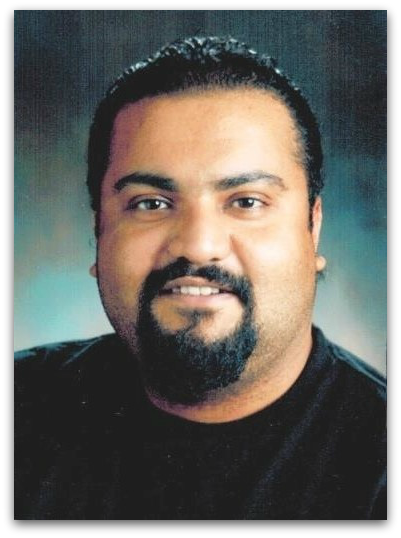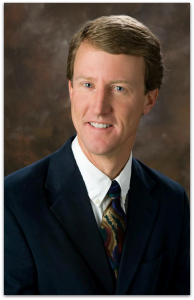 Ajit Khosla is a professor at Yamagata University in Yonezawa, Japan and a visiting professor at San Diego State University’s College of Engineering. Khosla’s work in the area of nano-microsystems has resulted in more than 100 scientific and academic contributions. Khosla has recently been named associate editor for the Journal of The Electrochemical Society (JES).
Ajit Khosla is a professor at Yamagata University in Yonezawa, Japan and a visiting professor at San Diego State University’s College of Engineering. Khosla’s work in the area of nano-microsystems has resulted in more than 100 scientific and academic contributions. Khosla has recently been named associate editor for the Journal of The Electrochemical Society (JES).
The Electrochemical Society: What do you hope to accomplish in your role as associate editor?
Ajit Khosla: As an associate editor, I hope to accomplish quick and fair peer review process, as little as three weeks from submission. I would like to encourage and convince scientists and scholars from all over the world, including ones who are presenting their work at ECS meetings, to strongly consider submitting full-length journal papers to the Journal of The Electrochemical Society. I will also be focusing on to soliciting high-quality papers in the sensor topical interest area in biosensors, micro-nano fabricated sensors, systems & devices for healthcare, and environmental monitoring.


